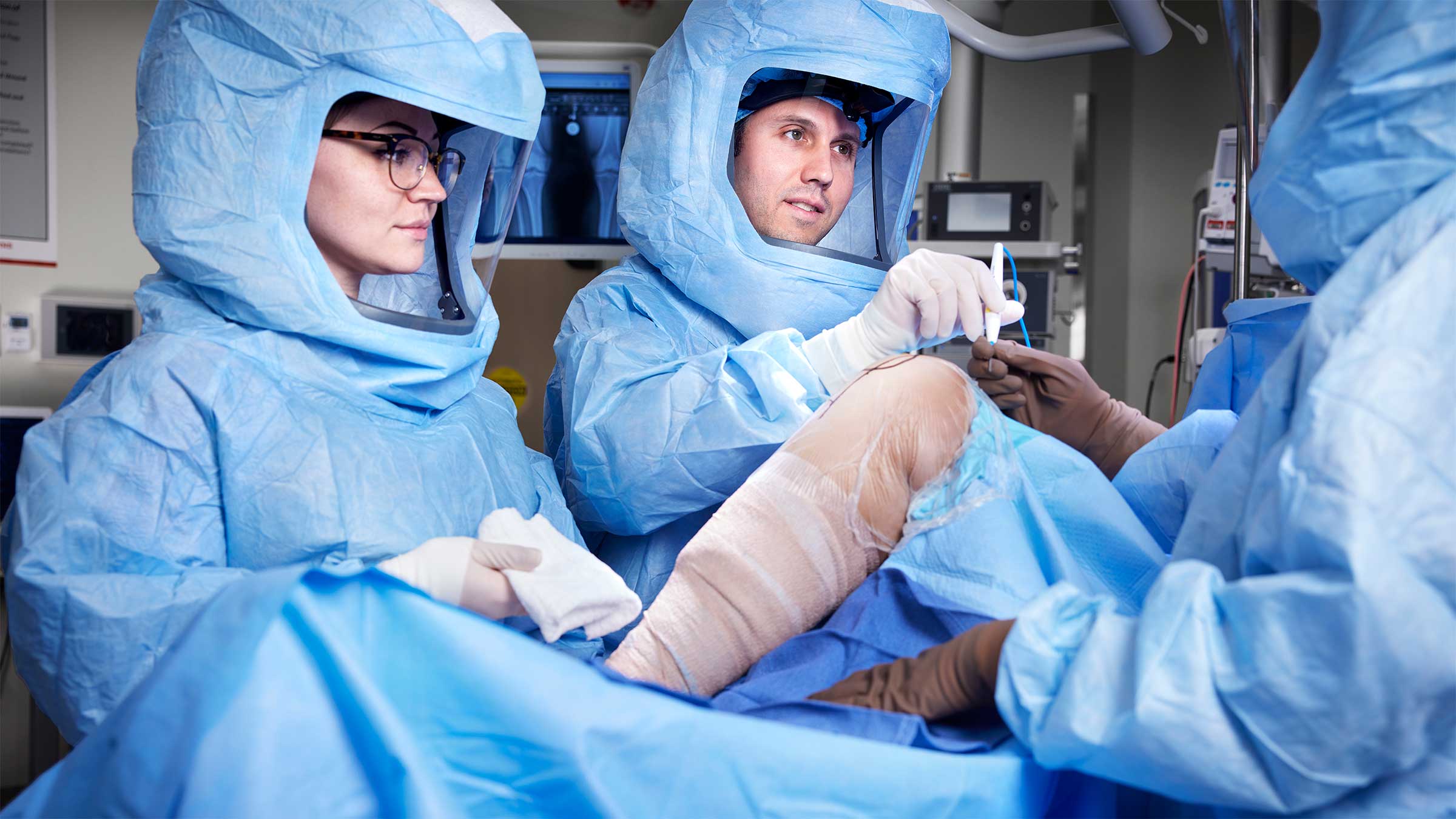What can I expect during an ADHD assessment?
Characterized by the inability to focus, distractedness and difficulty staying organized, attention deficit hyperactivity disorder (ADHD) is a neurodevelopmental disorder affecting the frontal lobe of the brain.
ADHD has become increasingly prevalent; about 6% of adults in the United States have an ADHD diagnosis. Additional awareness and better methods of assessing it are two key reasons for the increase.
As with many health conditions, you may have heard the standard advice to “get checked out if you’re concerned you might have it,” but you might not know what the actual assessment process entails.
What is the first step in an ADHD Assessment?
Adults need to display several symptoms of inattention and/or hyperactivity to be diagnosed with ADHD, and they need to be causing some sort of impairment in their life. These include:
- Distractibility
- Difficulty sustaining attention
- Hyperactivity
- Impulsivity
- Restlessness
- Talking too much or interrupting others
When I complete an ADHD assessment with adults, I’m looking for evidence of these symptoms. The first thing I do is conduct a comprehensive clinical interview. I’ll ask a lot of questions about things like your childhood, mental health history, and your academic and occupational history.
One important goal of this interview, which can last a couple of hours, is to determine whether you have a lifelong pattern of ADHD-related symptoms and impairment. ADHD is something you’re born with — you can’t “develop” it — so I’ll ask a lot of questions about your childhood.
What are the next steps in an ADHD Assessment?
Based on the information gathered during the clinical interview, I’ll determine what additional pieces of information are needed.
I’ll have you and others who know you well, such as a spouse, roommate or parent, complete questionnaires based on your current and childhood behaviors. I can use those responses to compare these ratings to people who do and who do not have ADHD. Sometimes, I may also conduct an interview with someone who knew you well as a child or as an adult to gather additional information. If we are unable to identify someone else to provide input on your habits and behaviors, we can use documents like old report cards or transcripts to get a fuller picture.
If necessary, I may also have you complete cognitive or executive functioning related tests. These tests typically require you to sit across from an evaluator and complete tasks that may seem like games. During this part of the assessment, I’m trying to determine if you have problems with things like memory, how quickly you process information, and your overall intellectual ability.
Another important goal during the assessment is to determine if some other problem might be causing your symptoms. For example, someone who maintains focus most of the time but struggles when they read might have issues with a reading disorder, such as dyslexia, rather than attention, which can be measured by standardized achievement tests looking at reading, math and written expression.
Finally, I’ll have complete questionnaires related to other mental health concerns. Many other mental health issues, such as anxiety, depression and PTSD, cause attention issues. Additionally, many patients with ADHD also have other mental health disorders, such as anxiety and depression, so the goal is to determine what is causing the inattention symptoms as well as to identify additional mental health issues that may need treatment.
The entire process can take from two to six hours. But the good news is that you should only need to undergo testing for ADHD once.
What happens after an ADHD Assessment?
Once the assessment is complete, I’ll schedule a feedback appointment for us to go over all the results. During this feedback appointment, we’ll discuss your diagnoses, referrals to treating providers and treatment options. There’s often a couple of weeks between your assessment and feedback appointments due to the need to gather data and questionnaires from multiple people.
What do I do if I am diagnosed with ADHD?
A diagnosis of ADHD is often a relief for people, as it gives them an explanation for some of the symptoms they’ve had and the resulting complications those symptoms caused for most of the person’s life.
Research tells us that medication is the most effective treatment for ADHD. A stimulant medication like Adderall can help promote activity in the brain’s frontal lobe, which is responsible for executive functioning. While stimulant medication may be the most effective treatment, other treatments such as cognitive behavioral therapy that focus on executive functioning skills, such as time management, organization and problem-solving is also beneficial for many patients.
People with ADHD tend to gravitate toward things that are stimulating, so tasks that the frontal lobe does, such as time management and planning, can be difficult. Medication can help make those tasks more manageable.
How do I get an ADHD Assessment?
Talk to your primary care physician if you suspect you might have ADHD. A referral is the best way to connect with a specialist who can assess you for it.

Help for mental health conditions
Ohio State offers personalized, compassionate care for your mental health concerns.
Learn more








